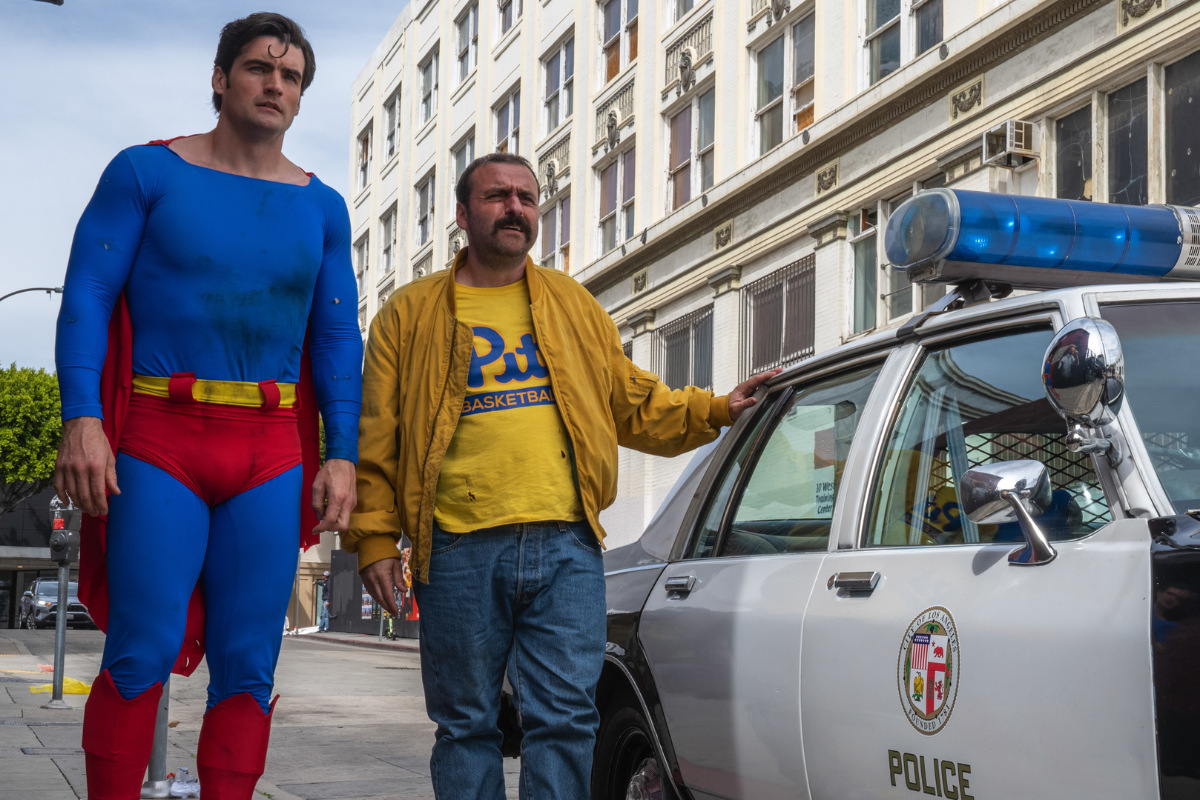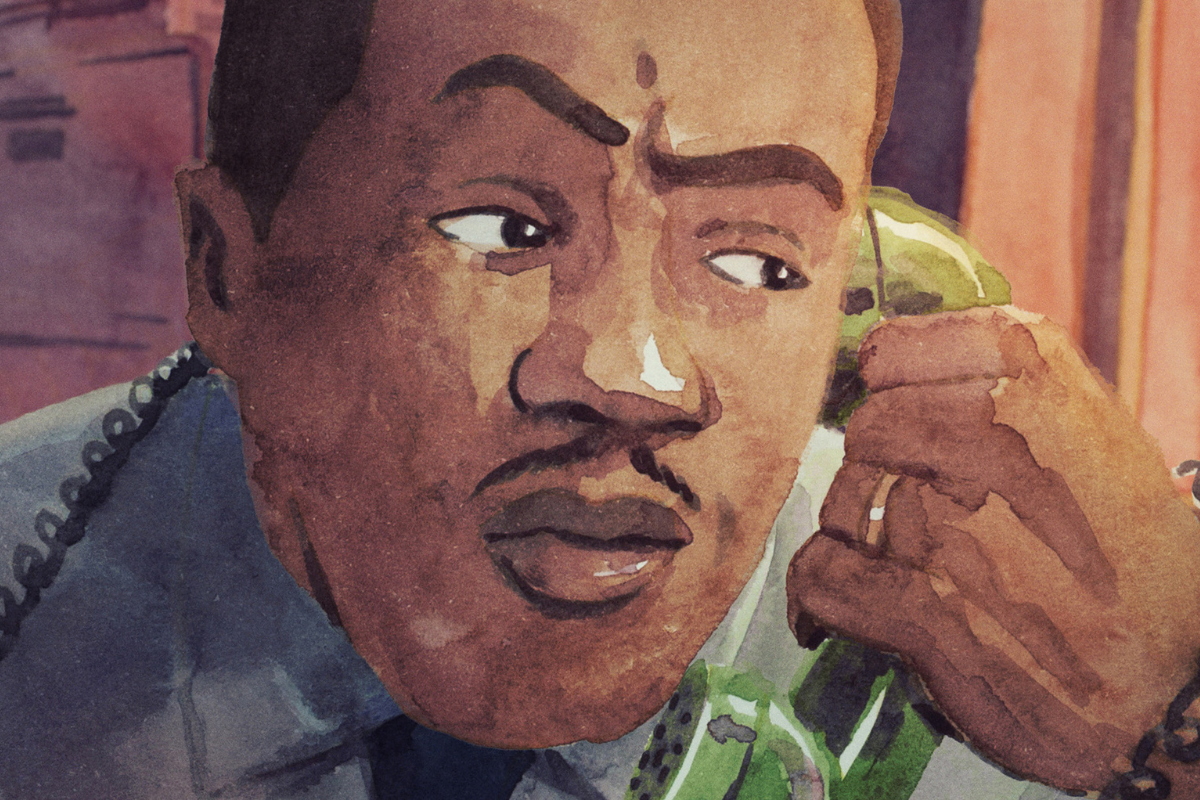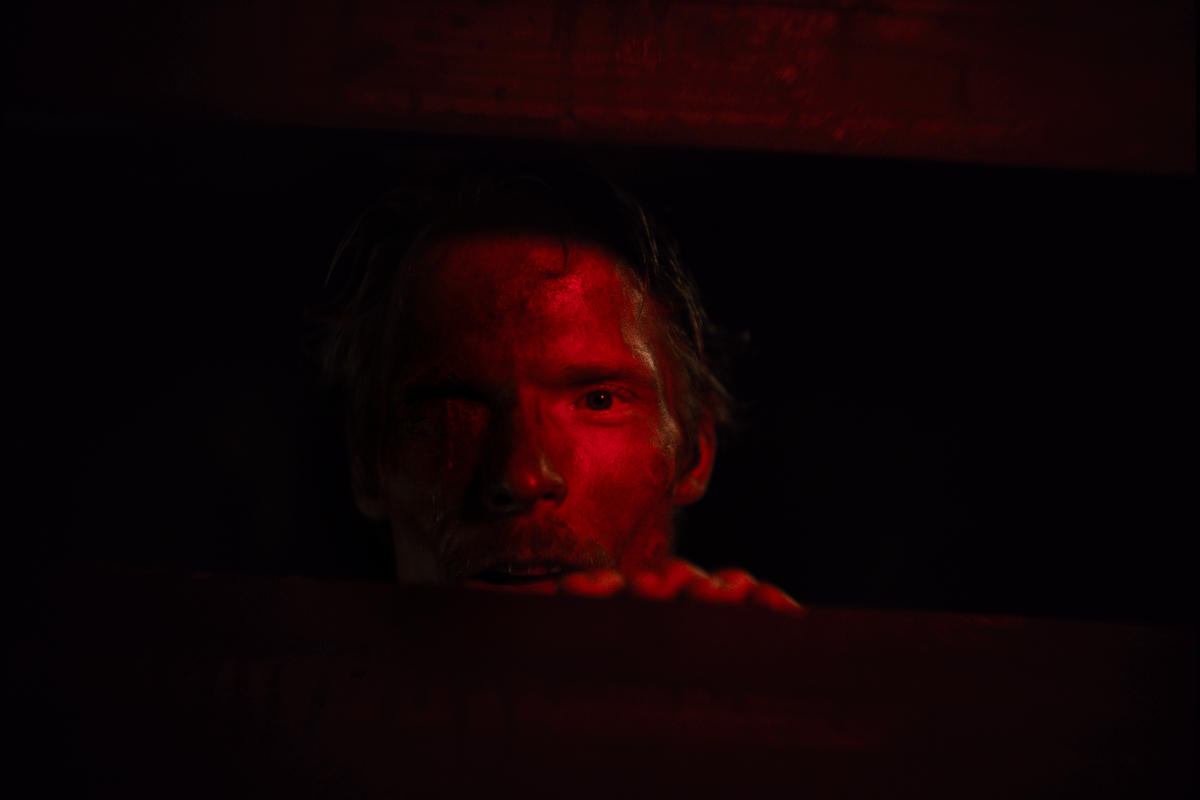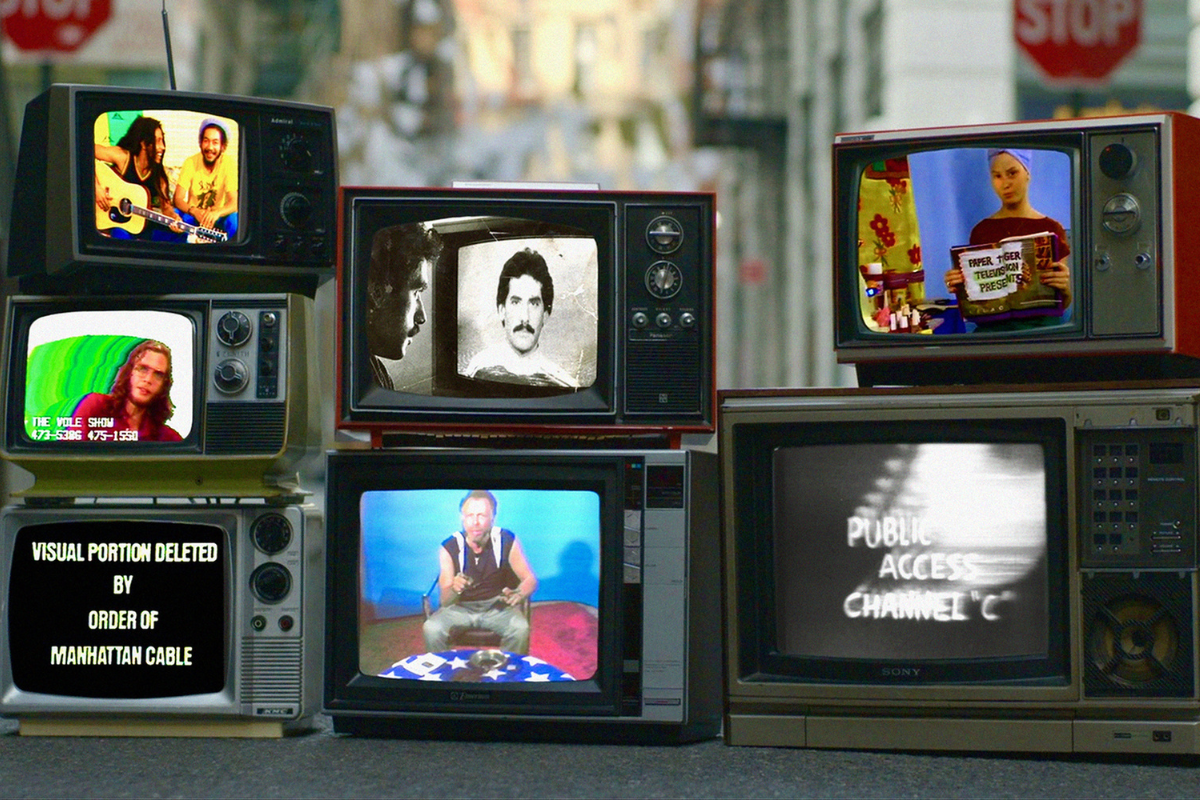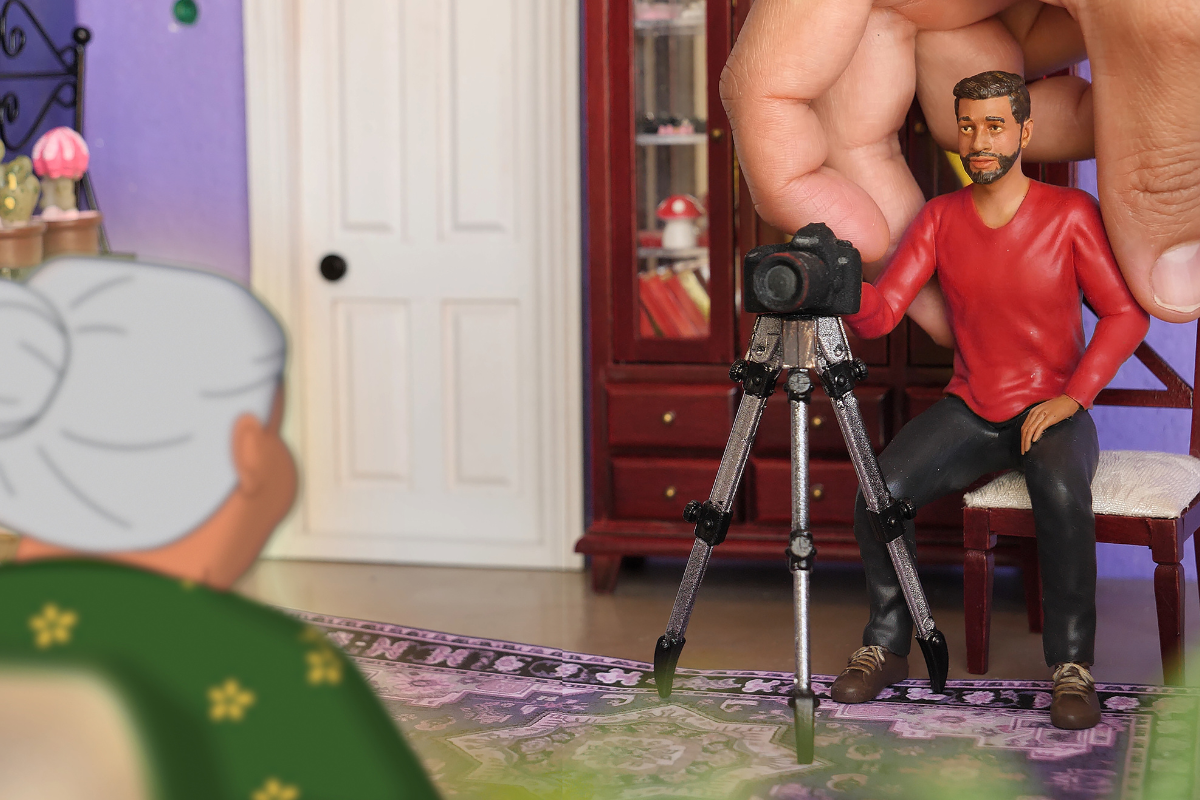Creating Memorable Moments: A Talk with ‘God’s Country’ Editor Justin LaForge
Justin LaForge speaks with Script about his editing techniques and collaboration with ‘God’s Country’ director Julian Higgins.
James Lee Burke’s short story “Winter Light” debuted in 2007 as part of the collection Jesus Out to Sea and Other Short Stories. These ten stories revolved around the damage Louisiana and Mississippi suffered due to the monstrous Hurricane Katrina, which consumed and spit out everything in its wake. “Winter Light” focuses on how the ghosts of that experience follow a displaced, bruised professor to the barren plains of Montana. It was originally adapted into a short film of the same name in 2015, with Julian Higgins as the director and Wei-Ning Yu as the writer.
On September 16, 2022, the feature adaptation, God’s Country, was released in theaters by IFC Films. Starring Thandiwe Newton, Jeremy Bobb, and Joris Jarsky, the film makes brilliant use of landscape and silence. Thandiwe’s face is quicksilver against the dormant, cold environment. Julian Higgins crafted this long-form version of the story as director and as co-writer of the screenplay with Shaye Ogbonna. Another person who played an important role in the aesthetic of the film is editor Justin LaForge. This marks the AFI graduate’s and Justin’s first feature, but one wouldn’t be able to tell that this is a freshman feature effort because of the seamlessly compelling visual storytelling.
Justin recently spoke with us about his editing techniques.
How did you get into editing?
I already had an interest in movies. When I started making them for school, and I saw things I did wrong, I started to understand how it was all working. I started editing other people's work because I felt like I was getting something out of it. You're getting something edited, but I'm figuring out what to do, what not to do. That was exciting for me. I was a math student when I took my first film class. As an elective, I took a film history course and during it, they went over some Soviet montage cinema, Sergei Eisenstein, and they talked about the intellectual aspects of the editing process. That was all very interesting to me. I just naturally started doing editing because of that.
How does your math background influence your editing?
When you're in the creative world, there's pressure to make things logical and reasonable. That has value. Often you want people to understand specifically what you're trying to do. There's also an aspect to it where you're reaching past what you can explain with reason. This was exciting to me.
What are your favorite editing tools?
My two main ones are Avid and Adobe Premiere Pro. I use DaVinci Resolve for smaller projects. It's a one-stop shop for me. Even on this project, I used many tools. It wasn't just Premiere, even though we shot on that. The program that I became most confident using was Avid. In the professional world, if you're not in Los Angeles or New York, you're most likely working on Premiere.
What's Frame.io?
The way we used it, the digital intermediate technician would upload on-set dailies that have a temporary color grade to a website, Frame.io, and I could view them. I was editing from Idaho, and they were shooting in Montana. After a day of shooting, he'd upload the dailies. It was good in that we had a place we could communicate. Frame.io allows you to download a clip that allows you to retain metadata that you can edit with.
How do you trim segments for maximum effect?
When I think of the editing process and how I come to be OK with an edit, I'm definitely not certain. What I mean by that is, if I've made thirty decisions in a scene, where do things come in and out, watching it, I'll have to reevaluate most of those because every time there's going to be a slight change to how things will feel. You can anticipate some of that, but some of it is an unexpected feeling. Often, you'll start making adjustments just based on that.
You edited the short film for this, Winter Light, as well?
No. Winter Light was the film that was based on the same short story. Julian asked me if I could edit that for him, but I had another job at the time. I only helped him do finishing of the film, which is delivery for color correction, creation of titles...technical stuff. He had to edit the project on his own.
Have you done cinematography?
At my current job I have to plan, pre-produce, produce and shoot my own work. So, I have to do a bit of that too.
How do you feel your vision varies when you do cinematography as opposed to editing?
I am not a very good cinematographer, in my opinion. I'll have an idea of how to make something, but the practical creation of that asset is not as clear. In editing, you have it and you can work with it. On set, you have factors that I'm not very good at dealing with. I always shoot for the edit. I bring editing to my cinematography because I know where I'm going to start and end usually.
For God's Country, what were some of the challenging aspects of cutting shot sequences?
The performances were there to work with. There was good material for performances. That's a credit to the script, the directing and that acting, and they made my job easier. It made the ability to dig into the nuance of different moments easier because there were options. Nuances in performances allow for that. Our larger struggle was the larger experience. If we're OK with this scene and this scene and five other scenes, and then when we put them together, we would feel a certain way about their interaction that would make us go, 'Oh, people are going to disengage at this point.’ We spent a lot of time getting notes from people when we were grouping scenes. Our first cut was two hours and twenty minutes. The final edit was an hour and forty minutes. This is probably the most amount of feedback I've asked for and received for a project.
How do you start organizing your projects, from the earliest stage to final cut?
It's very basic. You'll lay it out in scenes. You start looking scene by scene, then group those together. This was a little bit different. They shot throughout the movie, about half of the content. When they shut down movie production because of COVID, for a whole year, we'd have six scenes together and then two scenes labeled 'to be shot.' It created a different approach to how we were working.
Did you like collaborating remotely?
Julian and I were shocked by how much we enjoyed it. In the editing world, a normal workday is ten hours at least. If you're living in L.A. or New York, you've got to commute, and that commute could be an hour. Then there's a midday lunch and you have to go get food. There are all these other things. With remote editing, he and I would just show up and work intensely for three hours, really early in the morning. If he and I could do it differently we'd do four or five hours instead. Another plus was that we'd also work on something, then think about it and call each other during the day.
[How Screenwriters Julian Higgins and Shaye Ogbonna Created Nuance and Complexity in 'God's Country']
What do you think has been your best project so far?
This is for sure the best thing I've ever worked on, for many reasons. I haven't gotten a chance to edit someone as talented as Thandiwe Newton. There was no struggle to create moments. The supporting cast was great too. It's really my first big feature that I've ever done. It was truly Julian’s first feature too and it was nice to be a part of that.
How would you say someone should get there start in editing if they don't go to school?
It depends on where you live and what you want to get out of the job. If you're living in a place where there's a lot of television production, you just have to get your foot in the door. If you want to do feature editing, that transition might be a little harder in terms of a professional move. You have to develop a relationship with people in the directing world.
This film had a lot of beautiful silence. How did you decide when to incorporate audio?
A lot of editors will cut in complete silence. Obviously, dialogue scenes are a little different. If you want to feel what might stick out, sometimes the sound or music can interfere with that. There were times when we would edit with no sound, evaluating on picture alone. The chemistry in your brain does something unique when you add music to some shots. You’re like, 'this doesn’t work without the music.' If it creates something new that is valuable to an intent or experience, incorporating music is an aspect that definitely shapes some of our quiet moments in the movie.
Learn more about the craft and business of screenwriting from our Script University courses!
Sonya Alexander started off her career training to be a talent agent. She eventually realized she was meant to be on the creative end and has been writing ever since. As a freelance writer she’s written screenplays, covered film, television, music and video games and done academic writing. She’s also been a script reader for over twenty years. She's a member of the African American Film Critics Association and currently resides in Los Angeles.



